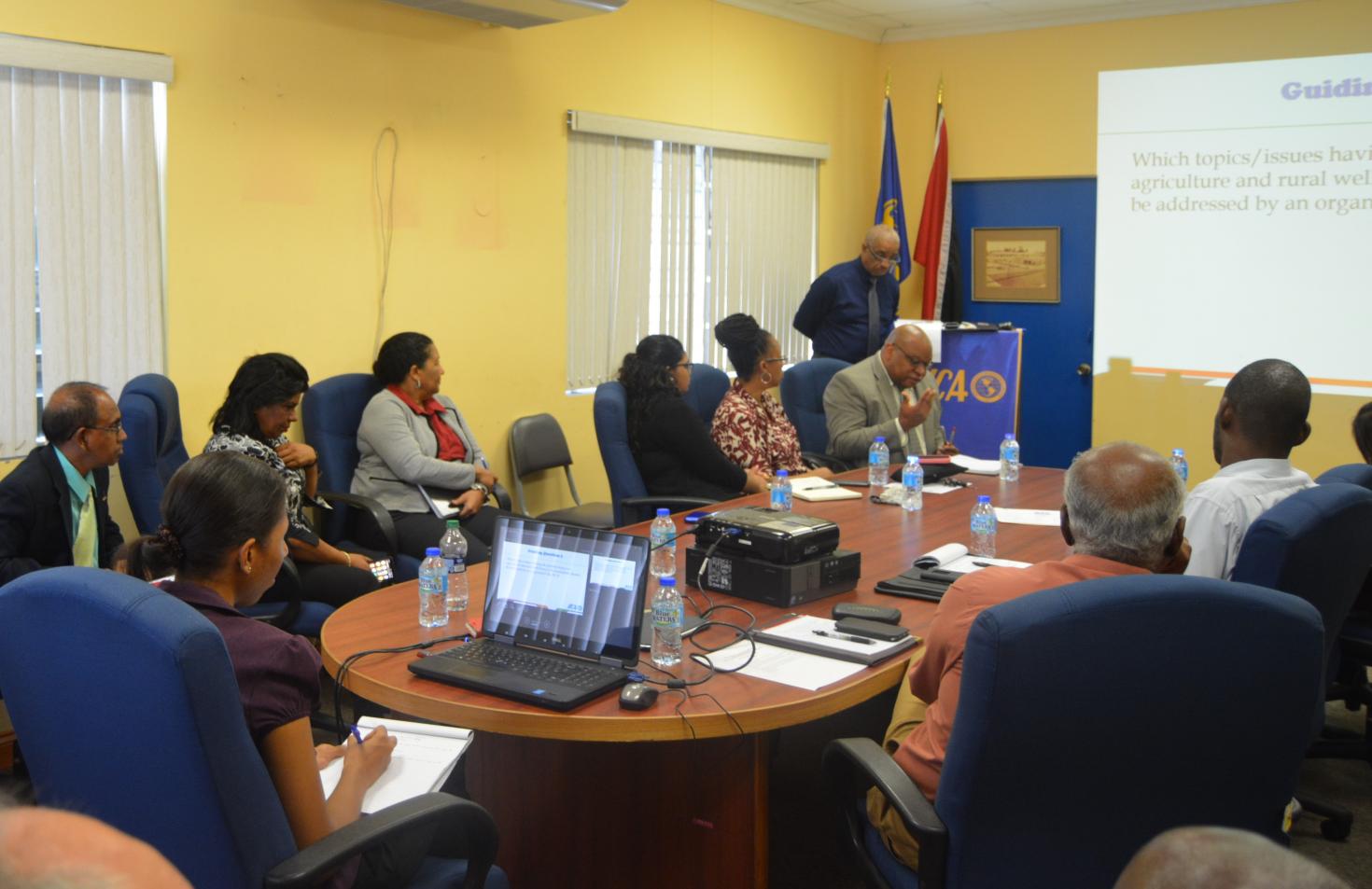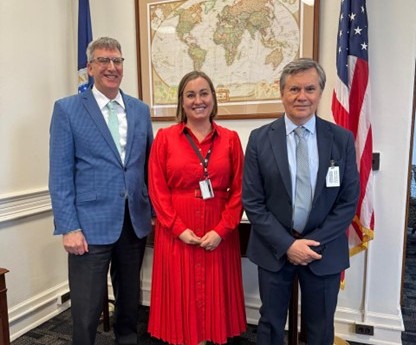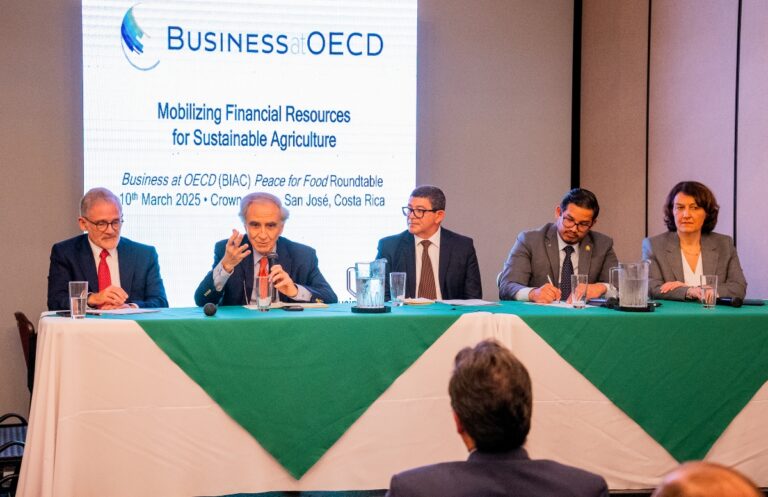The 18 participants in the consultation process represented public and private entities as well as educational institutions and farmers’ groups.

St. Augustine, 20 March 2018 (IICA). A total of 15 institutions related to Trinidad and Tobago’s agriculture sector participated in a one-day consultation at the Delegation of the Inter-American Institute for Cooperation on Agriculture (IICA) in Trinidad and Tobago, in order to contribute to the preparation of the Institute’s 2018-2022 Medium-term Plan (MTP). The MTP will guide the work conducted by this international organization for the benefit of the agriculture sector.
During their discussion, the participants identified numerous areas toward which IICA could channel its technical cooperation efforts. Some of the areas mentioned were information and communications technology; climate change and resistance; increased productivity and competitiveness; capacity building, primarily in vocational skills; improved nutrition; agricultural health and food safety; the building of rural communities with women and youth; and multi-dimensional policies.
The majority of participants agreed that, in order to effectively overcome obstacles within the abovementioned areas, it was necessary for IICA to increase coordination within the framework of current partnerships, as well as to establish new partnerships. International and regional organizations, tertiary educational institutions, government agencies, the private sector, and farmers’ organizations were identified as potential partners.
With respect to the Institute’s limited financial resources, Gregg C.E. Rawlins, IICA Representative in Trinidad and Tobago, underscored the need to build strong and effective ties with the private sector, in order to garner funds that could subsequently be channeled toward rural agricultural development.
“We at IICA visualize private sector relationships playing a greater role in the development of the new MTP; we need the private sector to show greater interest in improving agriculture and buying local,” he stated. Participants at the consultation session supported this call for strengthened relations with the private sector.
The Director General of IICA, Manuel Otero, stated that the participants’ recommendations would be crucial in the development of a road map aimed at meeting country needs.
“When we understand the way our countries think and what their priorities are, we are able to efficiently target and distribute our resources, while working together to address national demands. This process guarantees IICA’s institutional strengthening moving forward,” he stated.
On the other hand, Diego Montenegro, Director of Management and Regional Integration of IICA, stated that the participatory preparation of the new MTP began with an internal consultation process involving Institute personnel. The second phase consists of a broad consultation process with counterparts that work with IICA’s Delegations.
“In addition to the consultation processes currently underway in each of the Member States, we have identified the Delegations that work closely with the regional integration mechanisms, and have requested their input in order to develop the MTP’s regional scope,” he stated.
The 18 participants in the consultation process in Trinidad and Tobago represented public and private entities as well as educational institutions and farmers’ groups.
The consultation process will be replicated in all other IICA Member States, to ensure that each country’s vision is taken into account in the preparation of national and regional plans.
More information:
Gregg C.E. Rawlins, IICA Representative in Trinidad and Tobago











